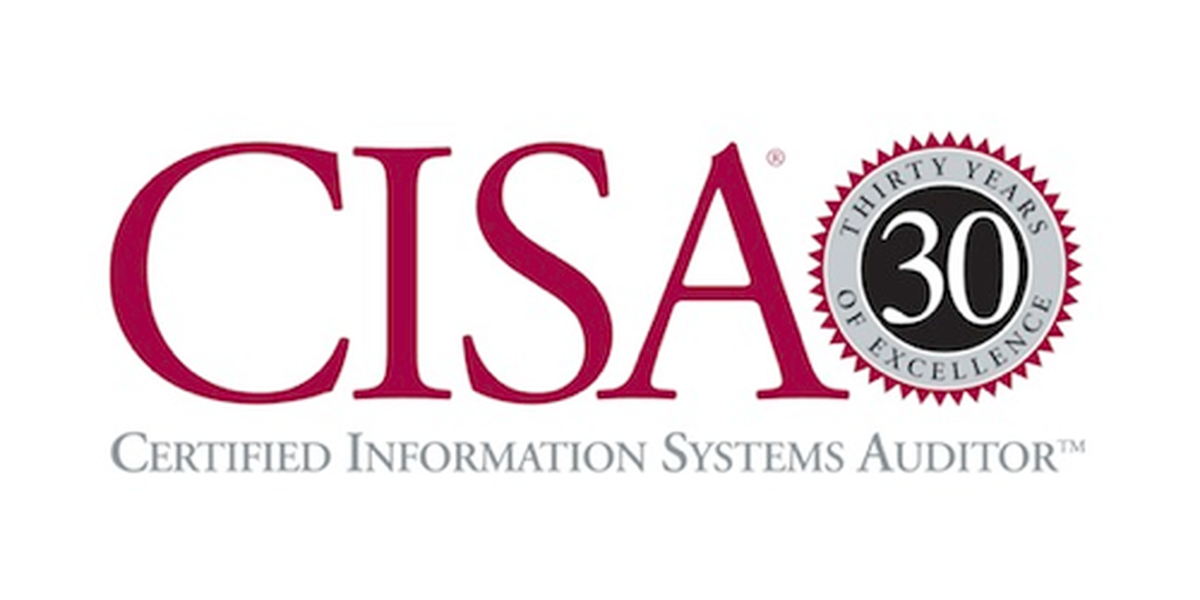When SonicWall recently unified its cloud, virtual and hardware offerings, MSSP Alert reached out to CEO Bill Conner for more context. Our key question: Is SonicWall's unified, cloud-based platform multi-tenant for MSSPs as well as MSPs in the SMB sector?
Instead of offering a yes/no reply, Conner pulled back the curtain more than we expected -- and described SonicWall's technology recommendations for MSSP partners.
In an email to MSSP Alert, Conner wrote:
“Most enterprises and MSSPs have deployed a number of stand-alone appliances to segment and secure different departments, data centers and customers over the years. As a 100% channel-driven company, SonicWall has long been focused on supporting the needs of MSPs and MSSPs as they’re tasked with protecting complex environments across large and diverse deployments. Core to this objective, SonicWall is now delivering a powerful workspace for security teams of all sizes, including those within large enterprises and MSSPs, that unifies actionable insights in a single pane of glass across SonicWall’s firewall, endpoint, wireless and switch lines of products.”
Multi-Tenancy vs Multi-Instance: What's the Difference?
Still, Conner's perspectives didn't end there. While MSSP Alert frequently dwells on multi-tenancy as a blanket term for MSSP support, Conner also recommends that MSSPs embrace a "multi-instance" approach for "true firewall isolation" capabilities. Why's that? Conner offered this context:
"Our MSSP customers generally use multi-tenant appliances for network segmentation, or many virtual firewalls to protect multi-cloud and hybrid environments. While both approaches have valuable advantages, multi-tenant firewalls don’t provide true isolation. Therefore, SonicWall offers and recommends multi-instance capability that uses containerized architecture to help MSSPs enhance security efficacy and reduce overall costs. Available on our high-end NSsp 15700 appliances, multi-instance enables security professionals to run multiple independent firewall instances on a single security appliance. Each firewall instance gets its share of its hardware resources — including CPU, memory and interfaces — to remove the potential for resource starvation. This modern approach provides true firewall isolation and eliminates MSSPs’ operational and management complexities leftover from legacy methods.”
SonicWall's march to a unified architecture involved a multi-year R&D journey. Conner had hinted the approach was coming during earlier interviews with MSSP Alert.
SASE for MSSPs
SonicWall has also invested outside of its business to support MSSPs. For instance, SonicWall owns a stake in Perimeter 81, which develops SASE (Secure Access Service Edge) solutions for MSSPs and MSPs.




